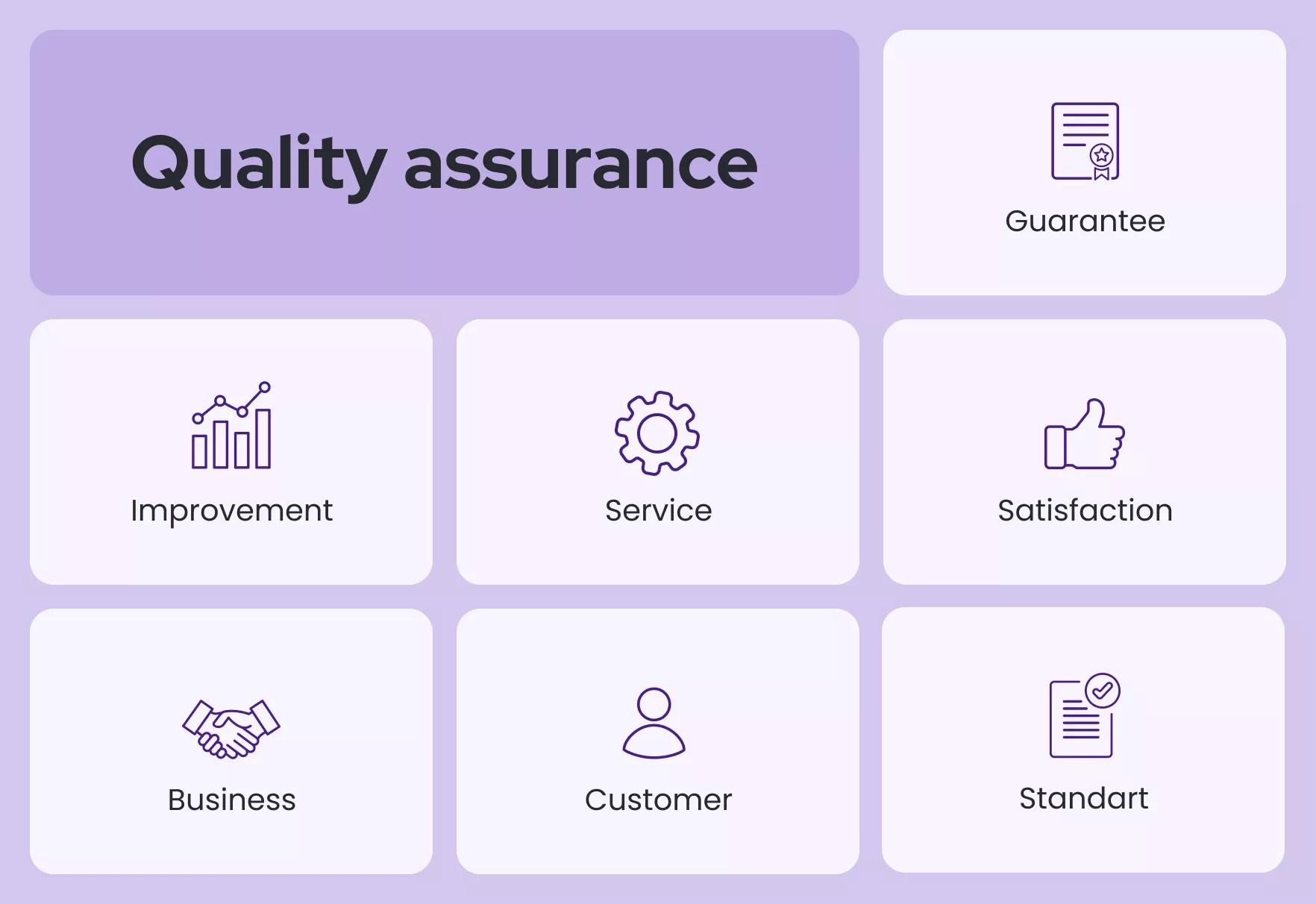Outsourcing reduces overhead costs, such as salaries and infrastructure, and offers scalable solutions without long-term commitments.
Top Reasons to Opt for Outsourced Software Development Over In-House Teams
Learn the essential skills and steps to become a full stack developer. Start your journey today with this comprehensive guide for beginners!

Navigate
Introduction
In the ever-evolving world of technology, businesses face the crucial decision of how to best develop their software solutions. The debate between outsourcing and in-house software development is longstanding, with each approach offering its own set of benefits and challenges. However, outsourcing has emerged as a compelling choice for many companies seeking to leverage global talent, reduce costs, and enhance efficiency. In this blog, we will delve into the key reasons why outsourcing software development often trumps in-house efforts, providing a comprehensive analysis of the advantages it offers.
Access to Global Talent and Expertise
Why It Matters: Outsourcing opens up a world of opportunities by providing access to a vast pool of skilled professionals. This global talent pool brings diverse expertise, innovative thinking, and specialized skills that may not be readily available in-house.
Advantages:
- Diverse Skill Sets: Outsourcing firms often have teams of experts specializing in various technologies and industries. This diversity ensures that you have access to the best minds for your specific project needs.
- Innovative Solutions: Exposure to different markets and industries allows outsourcing partners to bring fresh perspectives and innovative solutions that can enhance your project’s outcomes.
- Scalability: With outsourcing, you can quickly scale your development team up or down based on project requirements, ensuring flexibility and efficiency.
Example: A U.S.-based healthcare startup outsourced its software development to a team in India, gaining access to experts in healthcare IT and benefiting from innovative solutions that improved patient care and streamlined operations.

Cost Efficiency
Why It Matters: One of the most significant advantages of outsourcing is cost savings. Developing software in-house often involves substantial expenses, including salaries, benefits, infrastructure, and training.
Advantages:
- Lower Labor Costs: Outsourcing to countries with lower labor costs can significantly reduce your overall development expenses without compromising quality.
- No Infrastructure Investment: By outsourcing, you eliminate the need for investing in office space, hardware, and software required for an in-house team.
- Reduced Overhead: Outsourcing partners handle recruitment, training, and management, reducing administrative and operational costs.
Example: A European e-commerce company outsourced its development to a firm in Eastern Europe, cutting its development costs by 40% while maintaining high-quality standards
Focus on Core Business Activities
Why It Matters: Outsourcing allows companies to focus on their core competencies and strategic goals, rather than getting bogged down by the complexities of software development.
Advantages:
- Strategic Focus: By delegating software development to external experts, your internal team can concentrate on core business activities such as marketing, sales, and customer service.
- Improved Efficiency: With more time and resources dedicated to core functions, overall business efficiency and productivity are enhanced.
- Faster Time-to-Market: Outsourcing partners can often deliver projects faster, enabling you to launch products and services more quickly.
Example: A fintech startup outsourced its mobile app development, allowing its internal team to focus on securing funding and expanding its customer base. The app was launched ahead of schedule, giving the startup a competitive edge.
Access to the Latest Technology and Tools
Why It Matters: Staying current with the latest technologies and tools is crucial for developing innovative and competitive software solutions. Outsourcing firms are often at the forefront of technological advancements.
Advantages:
- Cutting-Edge Technology: Outsourcing partners invest in the latest tools and technologies, ensuring that your project benefits from the most advanced solutions available.
- Expertise in Emerging Technologies: Outsourcing firms often have dedicated teams specializing in emerging technologies such as AI, blockchain, and IoT, providing you with access to cutting-edge expertise.
- Continuous Learning and Improvement: Outsourcing firms prioritize continuous learning and improvement, keeping their teams updated with the latest industry trends and best practices.
Example: A logistics company outsourced its software development to a firm specializing in AI and machine learning, resulting in a highly efficient system for route optimization and delivery tracking.

Risk Management
Why It Matters: Outsourcing can help mitigate various risks associated with software development, including technical challenges, project delays, and cost overruns.
Advantages:
- Shared Risk: Outsourcing partners share the risks associated with project development, providing contractual guarantees and SLAs (Service Level Agreements) that ensure accountability.
- Risk Mitigation Strategies: Experienced outsourcing firms implement robust risk management strategies, including regular assessments, contingency planning, and proactive issue resolution.
- Regulatory Compliance: Outsourcing firms often have expertise in navigating regulatory requirements, ensuring that your software complies with relevant standards and regulations.
Example: A financial services company outsourced its software development to ensure compliance with stringent regulatory standards, reducing the risk of legal and financial penalties.
Flexibility and Scalability
Why It Matters: Outsourcing offers unparalleled flexibility and scalability, allowing you to adapt to changing business needs and project requirements swiftly.
Advantages:
- Flexible Engagement Models: Outsourcing partners offer various engagement models, including fixed-price, time-and-materials, and dedicated team models, providing flexibility in budgeting and project management.
- Scalable Resources: You can easily scale your development team up or down based on project demands, ensuring optimal resource utilization and cost efficiency.
- Adaptability: Outsourcing partners are adept at adapting to new requirements and changing project scopes, ensuring that your software development remains aligned with business goals.
Example: A retail company outsourced its software development with a flexible engagement model, allowing it to scale the team during peak seasons and reduce it during off-peak periods, optimizing costs and efficiency.
Improved Quality and Performance
Why It Matters: Outsourcing partners often have rigorous quality assurance processes and performance metrics in place, ensuring that the final product meets high standards.
Advantages:
- Dedicated QA Teams: Outsourcing firms have dedicated QA teams that perform thorough testing and validation, ensuring that your software is free of bugs and performs optimally.
- Performance Metrics: Outsourcing partners use performance metrics and KPIs to monitor project progress and quality, ensuring that deliverables meet or exceed expectations.
- Continuous Improvement: Regular feedback loops and continuous improvement practices ensure that the software development process is refined and optimized over time.
Example: A telecommunications company outsourced its software development to a firm with a robust QA process, resulting in a highly reliable and high-performing customer management system.

Conclusion
Outsourcing software development offers numerous advantages over in-house efforts, including access to global talent, cost efficiency, focus on core business activities, cutting-edge technology, risk management, flexibility, and improved quality. By partnering with a reputable outsourcing firm, businesses can leverage these benefits to develop innovative, high-quality software solutions while optimizing costs and resources. As the technological landscape continues to evolve, outsourcing remains a strategic choice for companies looking to stay competitive and achieve long-term success.
Frequently Asked Questions

We are the Mediusware Editorial Team, passionate about crafting insightful content on technology, software development, and industry trends. Our mission is to inform, inspire, and engage our audience with well-researched articles and thought leadership pieces. With a deep understanding of the tech landscape, we aim to be a trusted source of knowledge for professionals and enthusiasts alike.